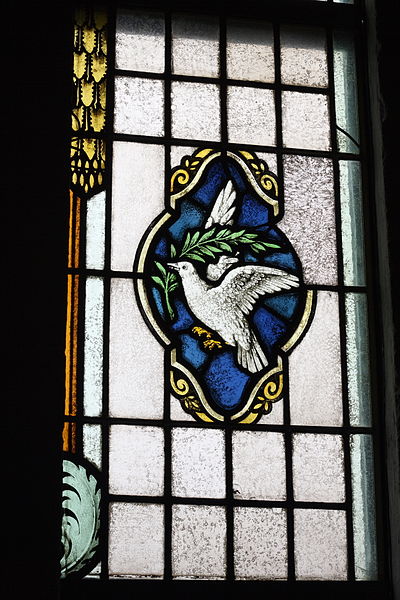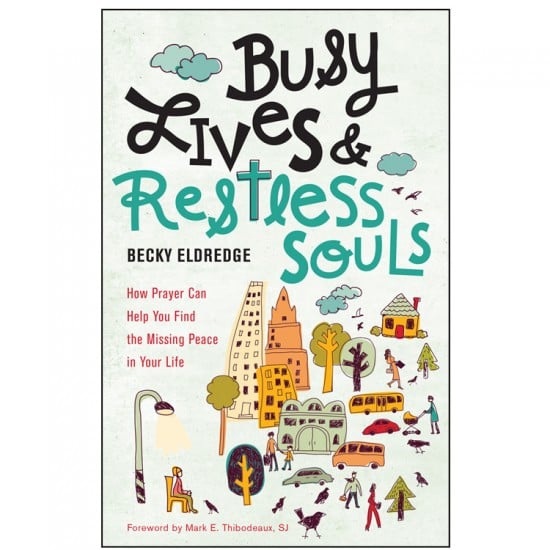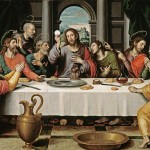
The title of this piece harkens back to an election-winning epiphany Bill Clinton campaign strategist James Carville famously scrawled upon a war room placard back in 1992.
“It’s the economy, stupid,” became a mantra meant to remind Clinton and his advisors of the one thing voters really cared about.
I’ve had an epiphany of my own lately. A realization that people who sidle up and say they want to “discuss” religion with me now that I’ve converted are not really interested in “discussing” anything. They really want to hit me with all the awful things Catholics have done, starting, usually, with the Crusades and meandering through the Inquisition and myriad wars straight into how Catholics “hate” homosexuals and aren’t too sympathetic to women, either.
And then we detour into the opulence, the pomp, the “pretentiousness” of it all. They like Pope Francis, because he appears to be less concerned with all that and to be inching toward their points of view on a few subjects. But we always get back to, “Whaddaya think Jesus would think of all that gold and whatnot? You could feed a lotta people with just one of those rings the Pope wears, right?”
As a newbie, I haven’t amassed a long list of “comebacks” for this. But as a newbie, I’m also still fresh from my conversion experience, that moment when Jesus just hugged me up and carried me away. In fact, whenever I get too caught up in the contradictions and controversies of modern Catholicism—and it happens often—I close my eyes and try to conjure up the rapture again.
Every Sunday, before Mass begins, I raise my eyes to the crucifix high above us all, and just…stare at My Lord for a while. And then I look at the tabernacle, where He’s waiting for us, and the glow spreads.
In fact, when Mass is over, I sometimes kneel in the pew or before the mosaic of Our Lord near all the candles for a moment, to be with Him a little while longer. I know He’s everywhere. I just like His “house” best.
At my house, I’ve made sacred space, too. Places for The Lord and me to “talk,” surrounded by my favorite sacramentals. My favorite rosary is slung over the door of the armoire that holds the “mothership” PC that I use for my most important writing. When I feel “blocked” or my energy drains, I kiss the cross dangling from it, lovingly. And my mind clears. The “fire” returns.
So my love is “visceral,” not cerebral. And for those who do not understand my love yet, that can, sometimes, be the key that unlocks the mystery.
In his remarkable book Everything Belongs, Richard Rohr explains how the conversion experience is, quite often, not “heard or seen or thought. It is felt.” He compares the “divine gaze” to the loving gaze of a mother’s eyes, the gaze we long for all our lives.
It’s what makes children cling to teddy bears and “binkies” so long, he explains. That need for a physical reminder, something tangible to hold as we take those first steps away from mother’s loving arms and into the wide, wild world.
My own conversion experience felt just like that. “The great commandment is to ‘be in love,’” Rohr says. And I was. Suddenly, hopelessly, shamelessly.
I cannot “describe” that for those who do not and do not want to believe. I cannot “prove” that these things really happen or offer a logical explanation of the process of conversion or offer a compelling intellectual argument for the “usefulness” of religion in the modern world.
I don’t want to. I don’t have to. In fact, what I do say, now, with a smile, is, precisely that.
And then, I say something else:
“I can’t explain it but I can show you sometime, if you’re really interested.”
They always say they are. Smugly. Cynically. Expecting some kind of magic trick, I think. Or a Bible passage—they hate it when someone quotes or sends them to Scripture.
But I ask them to think about things that upset them about the world. Things they would change if they had a magic wand. Local things, things they see every day. And then the global ones. The CNN stuff.
And when they’ve given me a long list—war, homelessness, poverty in general, racism, global warming et al—I ask them what they, personally, are doing about those things. And I watch their faces go blank.
And then I smile and say, “Jesus asked me the same question, after he claimed me that day. And I didn’t have a good answer, either. But we’re working on it.”
My sole advice to them, after that, is to do the same. To volunteer at the Food Bank or a nursing home or homeless shelter. To do the work, even if you don’t believe The Word.
And that feeling you get, as you do that work and see the gratitude in the eyes of those for whom you are working, or see the change you make by working, will be akin to the one I’m talking about. It changes you far more than you’ll ever change that little corner of our world you’re working on.
And that is all that matters. Not the history. Not the opulence. Not even the rules and rituals, though I obey them, gladly, as thanks for the grace received.
Pedro Arrupe, S.J., wrote:
Fall in Love
Nothing is more practical than
finding God, than
falling in Love
in a quite absolute, final way.What you are in love with,
what seizes your imagination,
will affect everything.It will decide
what will get you out of bed in the morning,
what you do with your evenings,
how you spend your weekends,
what you read,
whom you know,
what breaks your heart,
and what amazes you with joy and gratitude.Fall in Love,
stay in love,
and it will decide everything.Used with permission. Attributed to Fr. Pedro Arrupe, S.J. (1907–1991) from Finding God in All Things. A Marquette Prayer Book. Milwaukee, WI: Marquette University, 2009
Yes, it’s the spirituality, in the end, that matters most. Put your doubters to work, so they can feel God’s smile. And then they’ll be hooked.
Case closed.
Photo credit: By Reinhardhauke (Own work) CC BY-SA 3.0












